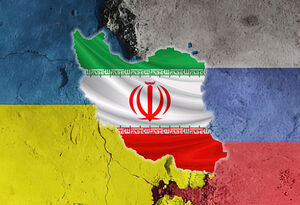Mouood: American think tank speculates on Russia’s supportive role in Iran – US does not hope to change Russia’s position on Iran
An American institute says Russia’s relations with the West may have reached the most dangerous point since the collapse of the Soviet Union. What effect does this have on President Vladimir Putin’s approach to nuclear talks with Iran?
“The Putin War in Syria: Russia’s Foreign Policy and the Cost of America’s Absence,” wrote the Washington Institute in a note written by Anna Borchevskaya, a senior thinker and author of the Washington Institute: “Some Western policymakers believe that Russia in the issue of Iran, in particular, should be useful and effective, even though Moscow has threatened to attack Ukraine, but these policymakers do not realize the bigger reality.
Dear audience, what you read below is merely a translation of selected reports and articles. The content and claims made in this report are published solely to analyze the approaches and views of Western think tanks. Any possible claims and inductions of these articles are not approved by us.
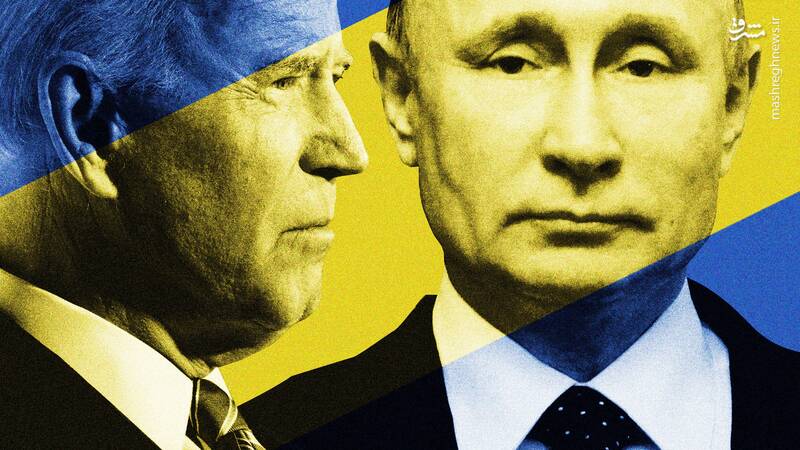
Russia’s relations with the West have reached the most dangerous point since the collapse of the Soviet Union
Although Russia has always played a key role in multilateral nuclear talks with Iran, rising tensions in Ukraine have cast a broad shadow over the current Talks in Vienna, the think tank writes. The purpose of these talks is to revive the Comprehensive Joint Action Plan (CJAP), which was concluded in 2015 and is now in jeopardy. Amid the threat of open war with Kiev, the ongoing events in Kazakhstan, and various interventions in the Middle East, Russia’s relations with the West have perhaps reached the most dangerous point since the collapse of the Soviet Union. What effect does this have on President Vladimir Putin’s approach to nuclear talks with Iran?
Russia’s strategy towards Iran
Understanding Putin’s thinking requires a clear view of his previous approach to Iran’s nuclear program and related diplomacy. Although Russia has always preferred a non-nuclear-armed Iran, it does not necessarily have common goals, methods, and red lines with the West on this issue. At the same time, the Kremlin has backed sanctions against Iran and is working to ease them. Moscow claims that the Westerners are exaggerating their concerns and that it hurts Russia’s efforts to expand reciprocal trade with Iran. Russia also sees “support for sanctions” as a lever to gain more concessions from the West.
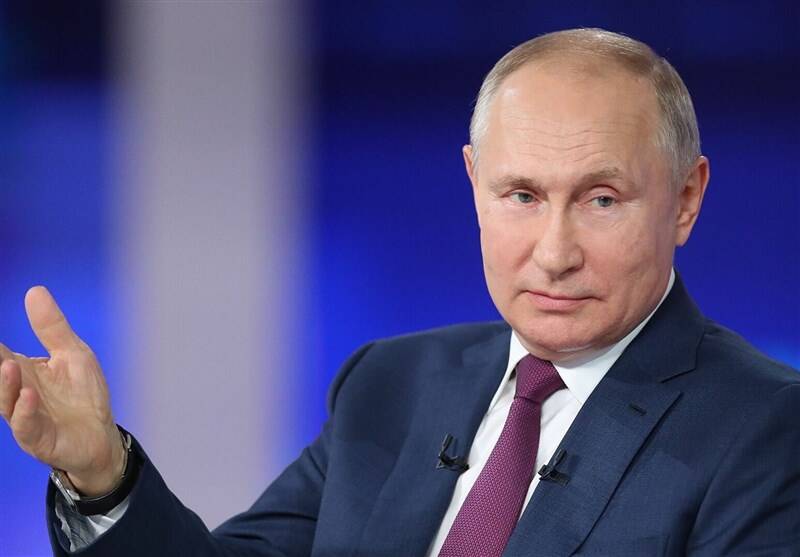
Putin can come to terms with a nuclear Iran
In fact, over the years of tumultuous negotiations, many Russian analysts have concluded that Putin could come to terms with a nuclear Iran if needed – the prospect of “Iran Turning West” is a greater concern for Putin. According to a recent report in the New York Times, a leaked audio file by Iranian Foreign Minister Mohammad Javad Zarif confirms it. He acknowledged that in the previous Talks, his Russian counterparts did not want the nuclear deal best. Iran’s relation normalization with the West is not in Moscow’s interest.” While the legitimacy of such a concern is debatable given the limited scope of the Nuclear Talks, the subtle disclosure highlights Moscow’s top priorities.
Before and after the Crimea
Moscow’s political decisions on Ukraine and Iran even
when has adopted simultaneously, reflect an anti-Western strategy. Therefore, Washington must be cautious about trusting Russia’s guarantees on either side, unless those guarantees are accompanied by tangible signs of a deeper policy change.
This requirement becomes clear when Russia’s
previous technical and diplomatic intervention in Iran’s nuclear program is taken into account. By September 2013, Moscow had officially ceded control of the Bushehr nuclear power plant to Iran. The plant was built by the Russian state-owned Atomstroy Expert Company and previously operated by the company. Two months later, Russia, the United States, and other members of the P5 + 1 signed an interim nuclear deal with Iran.
Shortly afterward, Moscow illegally annexed Crimea in
March 2014 and began supporting separatists in eastern Ukraine. The decision led to a silent battle that continues to this day and has intensified Russia’s confrontation with the West. Russia, meanwhile, has stepped up its relations with Iran to an all-time high. The reason for this was the war in Syria and the more widespread geopolitical conflict that led to Russia’s direct intervention in the war in 2015.
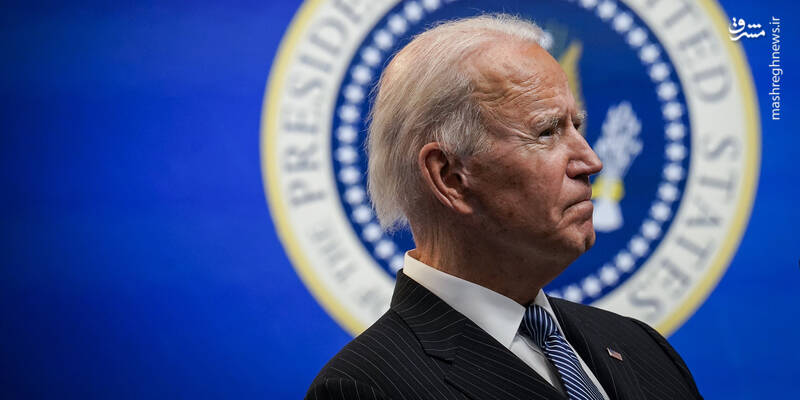
Putin often acts against US goals
“Russia’s actions in selling the S-300 system to Iran show that Putin, despite participating in US-led diplomatic efforts, often goes against US goals – and that goodwill towards Moscow can be naive,” the Washington Institute said. When the sale of these missiles was first agreed in 2007, Russia’s major defense institutions, such as the Atomic Energy Expert, had already been sanctioned by the United Nations. The sanctions were extended in 2008. In July 2010, the United Nations passed a stronger arms embargo against Iran. Putin later that year suspended the delivery of its missile defense system under pressure from the United States and Israel.
However, the US did not extend sanctions due to the Obama administration’s desire to involve Russia in the P5 + 1 nuclear talks; It also agreed in an unexpected move not to ban the sale of S-300 missiles to Tehran. After the agreement was reached on the Nuclear Talks framework in April 2015, Moscow announced that it no longer needed to impose an arms embargo on Iran and resumed sales of the S-300 system in earnest. In Russia’s view, cooperation with Iran is in its interest range.
From another perspective, the Kremlin Putin often acts against US goals “Russia’s actions in selling the S-300 system to Iran show that Putin, despite participating in US-led diplomatic efforts, often goes against US goals – and that goodwill towards Moscow can be naive,” the Washington Institute said. When the sale of these missiles was first agreed in 2007, Russia’s major defense institutions, such as the Atomic Energy Expert, had already been sanctioned by the United Nations. The sanctions were extended in 2008. In July 2010, the United Nations passed a stronger arms embargo against Iran.
Putin later that year suspended the delivery of its missile defense system under pressure from the United States and Israel. However, the US did not extend sanctions due to the Obama administration’s desire to involve Russia in the P5 + 1 nuclear talks; It also agreed in an unexpected move not to ban the sale of S-300 missiles to Tehran. After an agreement was reached on the Nuclear Talks framework in April 2015, Moscow announced that it no longer needed to impose an arms embargo on Iran and resumed sales of the S-300 system in earnest.
In Russia’s view, cooperation with Iran is in its interest
From another perspective, the Kremlin concluded early on that cooperation in nuclear talks with Iran was in its best interests, regardless of the fact that such a thing might alleviate international pressure from the Crimean crisis. Years of dialogue in the P5 + 1 group promoted Russia’s position as a major power, without which important diplomatic decisions could not have been made. This strengthened Russia’s position as a counterweight to the West.
The Nuclear Agreement also enabled Moscow to expand relations with Tehran while gaining concessions from Washington and Europe. Russia’s Deputy Foreign Minister Sergei Ryabkov said at the time: “Would there have been an agreement if Russia had not taken part in the talks?” “I think an agreement would have been reached, but the situation for Russia would have been much worse.”
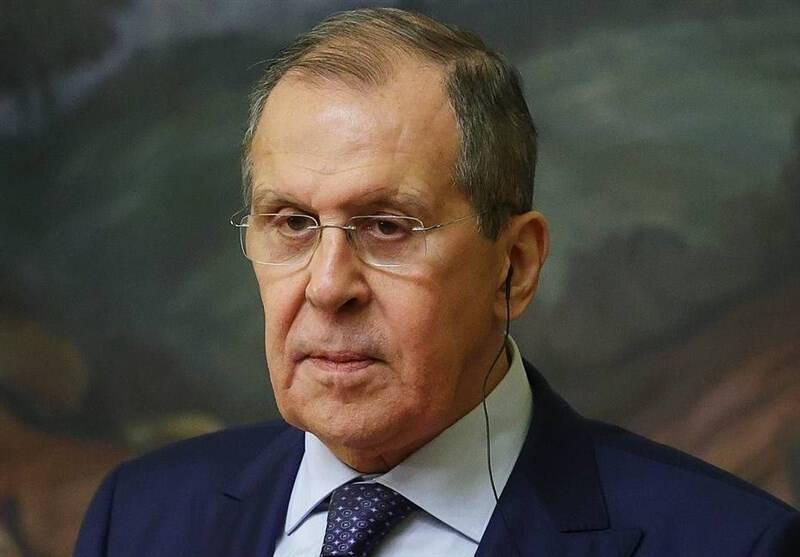
What is different now?
Russia explicitly condemned President Trump’s decision to withdraw from the Security Council in 2018 and publicly supported subsequent European efforts to save the Security Council. Moscow also formally supports the ongoing talks. Nevertheless, Western policymakers must be careful not to misunderstand the motives behind these decisions.
First, when Lavrov said in late December that Moscow was opposed to any change in the nuclear deal, he was undoubtedly referring in part to the idea of including a permanent arms embargo against Iran. The UN Security Council failed to pass a resolution, because of the veto by Russia (and China).
Second, Moscow is eager to continue to present itself as an important agent of power on the world stage, regardless of whether the Talks yield results or not. For example, Russia’s ambassador to Washington, Anatoly Antonov, in an interview with Newsweek last month called on the United States and Iran to “show maximum flexibility in the negotiations” and to seek “the optimal combination of responsibilities and benefits for both sides and the international community as a whole.”
Moscow is downplaying Western concerns about Tehran’s intentions
Third, even though the goal of the Talks was to bring Iran back to the process of complying with key nuclear restrictions, Moscow is once again downplaying Western concerns about Tehran’s intentions. For example, Russian Foreign Ministry spokeswoman Maria Zakharova denied allegations in late December that Iran was delaying talks. Similarly, in support of Iran in February 2021, he argued that Tehran’s refusal to adhere to the IAEA did not conflict with its obligations under the Nuclear Non-Proliferation Treaty – the US State Department had previously challenged such thinking in detail.
Meanwhile, Russia’s trade and defense deals with Tehran appear to have grown since the US withdrew from the Security Council. According to the Tehran Times, the total reciprocal trade transactions increased from $ 1.74 billion in 2018 to $ 2 billion in 2019. In late August, Russia’s Tass news agency reported that trade in the first six months of 2021 grew by about 40 percent compared to the same period in 2020.
One possible reason is that Russia has been less affected by sanctions than other trading partners since Washington re-imposed sanctions – for example, grains make up the bulk of Russia’s exports to Iran, and US sanctions do not include those items. In addition, Moscow appears to be willing to sell 32 Sukhoi 35 fighter jets to Iran, which significantly boost Iran’s air force.
The report also claims that Russia, despite apparently condemning Washington’s withdrawal from the UN Security Council, largely escaped the negative consequences of sanctions. Russia was able to make Washington’s decision another example of a dangerous American adventure. While joining the BRJAM framework in 2015 brought short-term benefits to Moscow, reviving BRJAM at this stage may not necessarily be more rewarding. Still, staying in the talks as long as they continue can help Putin maintain his role as a world power.
How is Ukraine playing a role in this?
“Strengthening Russia’s current military presence on the Ukrainian border and other destabilizing measures are more serious than previous moves, and Russia’s demands to NATO do not seem to be going anywhere and have been deliberate,” the report said. After the Biden administration’s tumultuous withdrawal from Afghanistan and the suspension of sanctions against the Stream 2 pipeline project, Putin is more likely than ever to have the courage to renegotiate the terms of the Soviet dissolution.
He warned Biden on December 30 that sanctions against Russia for strengthening its military presence on the Ukrainian border could lead to a “complete severance of ties” – an unprecedented blow that veteran analyst John Erat called “nuclear extortion.”
What does this mean for negotiations with Iran? First, Moscow will remain committed to its interests, no matter where the Vienna talks end. For years, Putin has worked hard to overthrow the US-led world order. Therefore, he will do everything in his power to bring the latest developments in that direction. His initial cooperation with the UN Security Council was never in Washington’s favor, and any seemingly useful Russian behavior in Vienna should not be viewed in that light, regardless of what was happening in Ukraine.
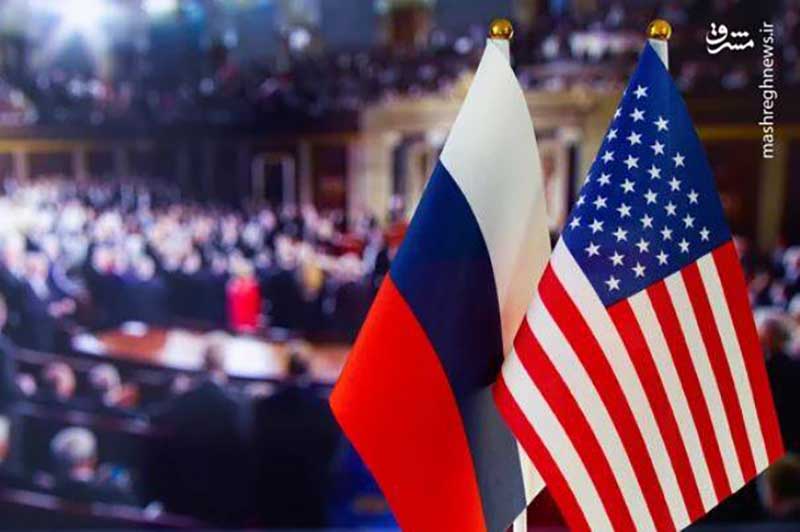
The United States does not hope to change Russia’s position on Iran
Secondly, since Russia does not seem to be gaining much from the revival of the UN Security Council, it can wait and see the ups and downs in the diplomatic process with Iran. On the contrary, the West continues to view Iran as a significant threat. As a result, Putin could use that fact as leverage in other areas and perhaps even send the message that he would be more effective with Iran if Washington came to terms with Ukraine. If that happens, then accepting Putin’s career is the last thing policymakers need to do.
“Theoretically, Moscow could theoretically take firm steps to reduce Iran’s influence in Syria, stop arms sales to Tehran, and / or criticize Iran over the nuclear issue, and thus make a real change in its policies,” he concluded. To display. Unfortunately, none of these scenarios are realistic. Western policymakers may like to believe that Russia, despite its actions against Ukraine, can be useful and effective in dealing with Iran, but they need to look at the bigger picture – Putin’s anti-Western stance has never been limited to Europe.
Accordingly, Washington and its partners must focus on developing an integrated strategy that not only strengthens Washington’s negotiating position in Vienna, but also demonstrates the political determination to effectively defend the orderly world order if needed.
 Mouood Mouood English Edition
Mouood Mouood English Edition
